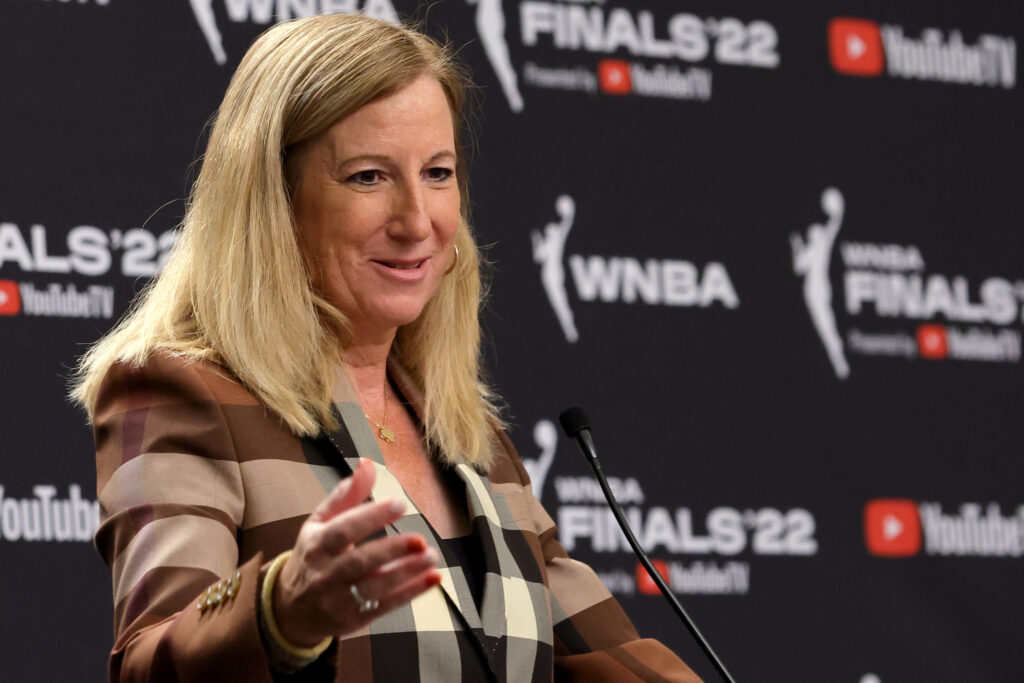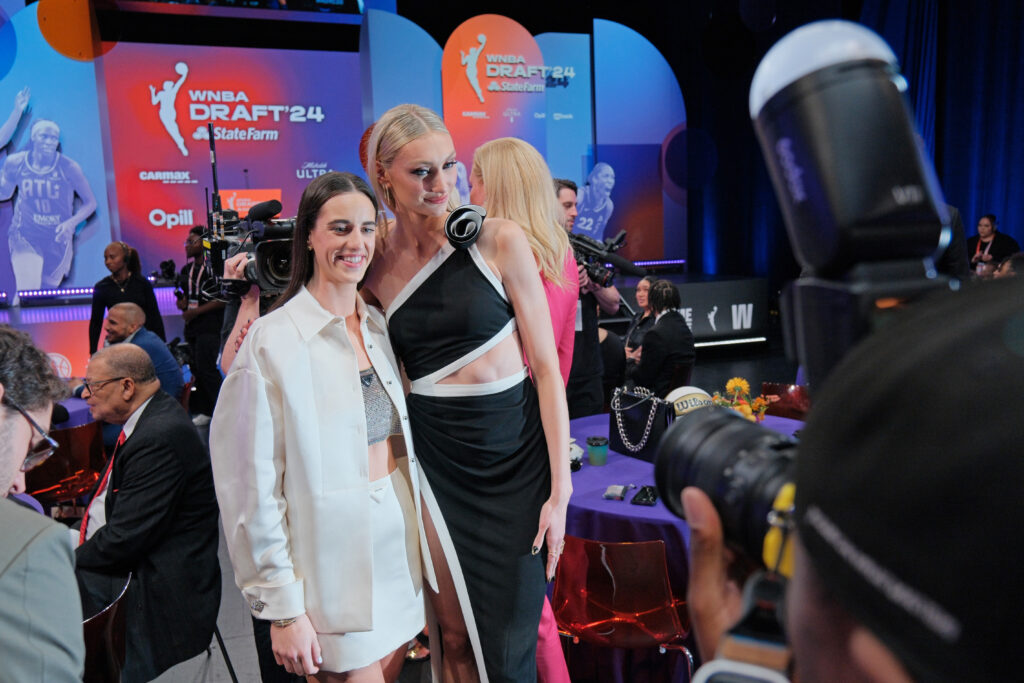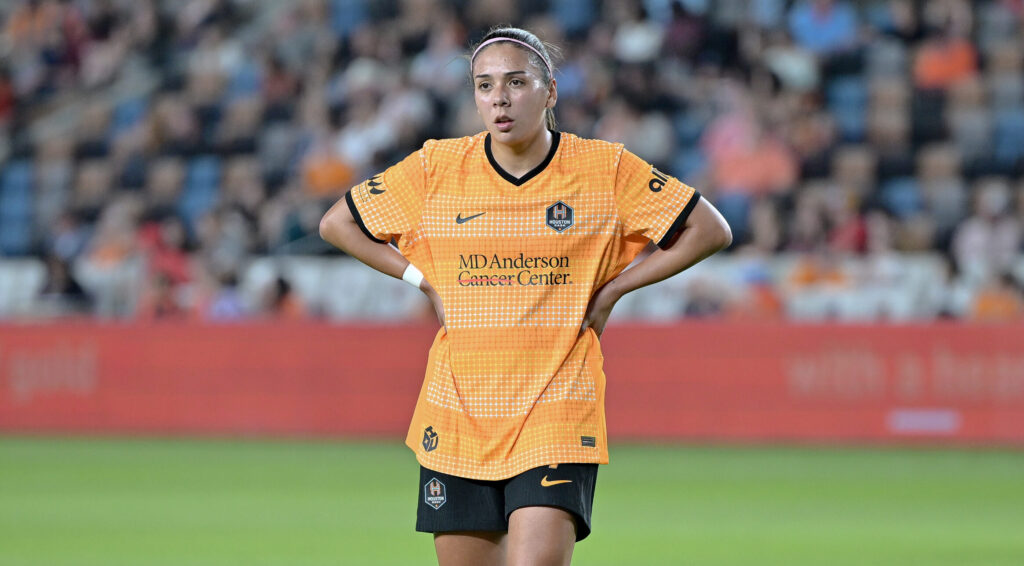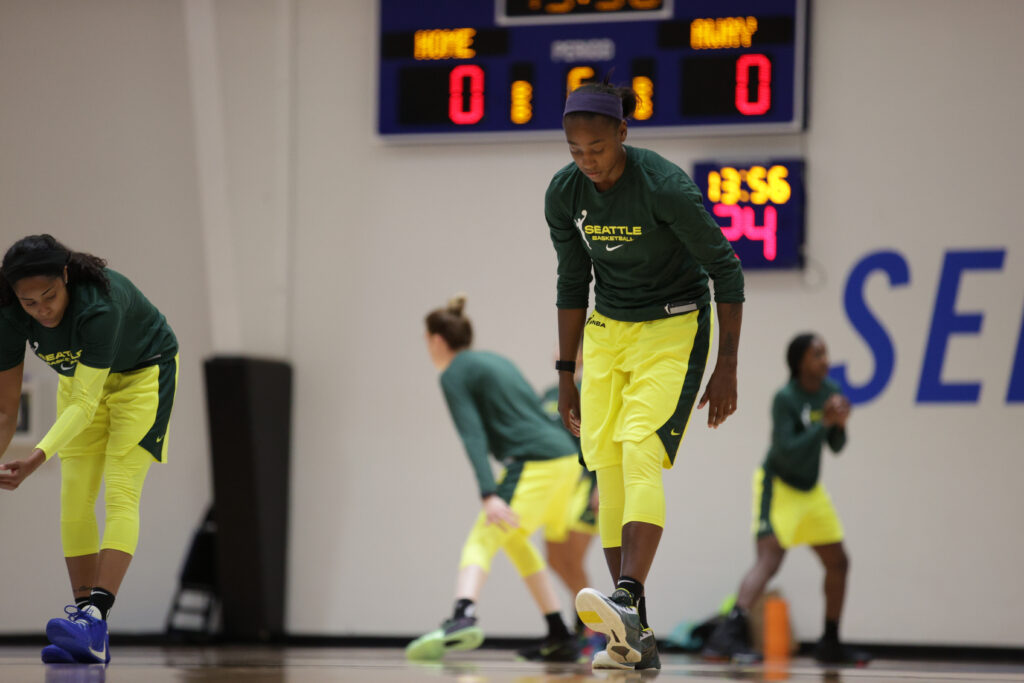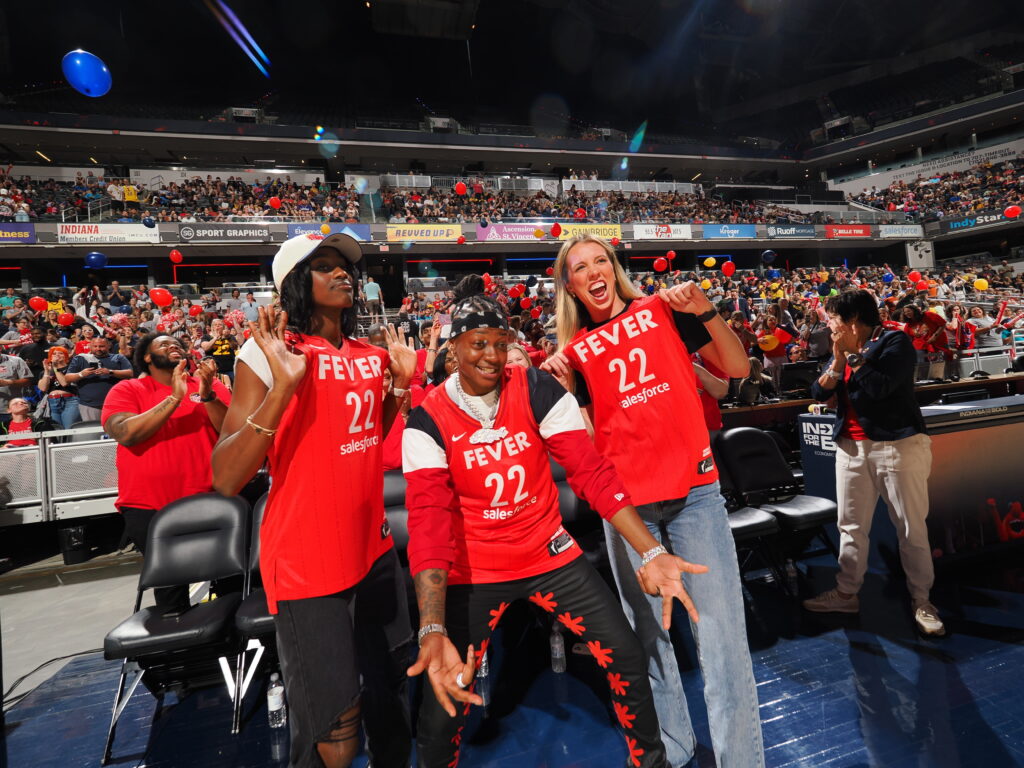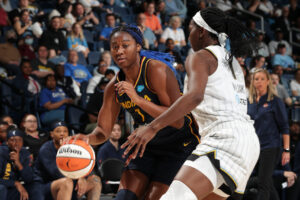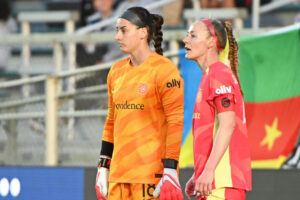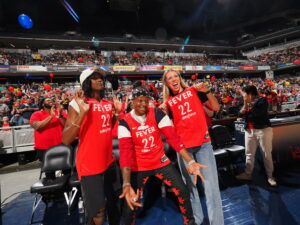Cathy Engelbert addressed the controversial 2023 WNBA prioritization clause ahead of Game 1 of the WNBA Finals on Sunday, saying it was something the owners pushed for in negotiations for the most recent collective bargaining agreement.
The policy, which goes into effect next season, will require players with more than two years of league experience to report to their teams by the time the season begins to avoid a fine or suspension. In 2024, players must arrive by the start of training camp.
For many players who supplement their WNBA salaries by playing overseas in the offseason, the new requirements could adversely affect their earning potential.
“The owners really stepped up on the compensation side for the players in this collective bargaining cycle, and I think the kind of quid pro quo for that was prioritization, showing up on time for our season,” Engelbert told reporters.
“I think our owners are very steadfast in their commitment, but we’re also chipping away at the ability to pay players more so that we are not going to take away any opportunity for them to go overseas. We just want them to come back in time for our season.”
In recent exit interviews, several WNBA stars have been open about the conflict the clause poses for them. Seattle Storm forward Gabby Williams, who led Hungarian club Sopron Basket to the EuroLeague championship in April, said she is hesitant to choose the WNBA over overseas play because “teams aren’t touching what I’m making in Europe.”
Chicago Sky All-Star Emma Meesseman, a native of Belgium, will play for Fenerbahce Safisport this winter. She questioned the fairness of the clause for “non-American” players and said Fenerbahce might end its season early to ensure WNBA players can return to their teams in time.
Engelbert has repeatedly pointed to the opportunities for players to earn money by staying home in the offseason and the positive outcomes of the 2020 CBA, which significantly increased player salaries and benefits.
“[We’ll] probably spend close to $1.5 million on player marketing agreements with players this year, trying to chip away at giving players a reason to stay home and a reason to prioritize the WNBA,” Engelbert said. “But I understand and we’re eyes wide open that some players may not choose to do that.”
